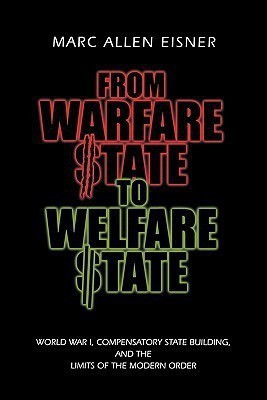From Warfare State to Welfare State(English, Paperback, Eisner Marc Allen)
Quick Overview
Product Price Comparison
When American history is divided into discrete eras, the New Deal stands, along with the Civil War, as one of those distinctive events that forever change the trajectory of the nation's development. The story of the New Deal provides a convenient tool of periodization and a means of interpreting U.S. history and the significance of contemporary political cleavages. Eisner's careful examination of the historical record, however, leads one to the conclusion that there was precious little "new" in the New Deal. If one wishes to find an event that was clearly transformative, the author argues, one must go back to World War I. From Warfare State to Welfare State reveals that the federal government lagged far behind the private sector in institutional development in the early twentieth century. In order to cope with the crisis of war, government leaders opted to pursue a path of "compensatory state-building" by seeking out alliances with private-sector associations. But these associations pursued their own interests in a way that imposed severe constraints on the government's autonomy and effectiveness in dealing with the country's problems-a handicap that accounts for many of the shortcomings of government today.


